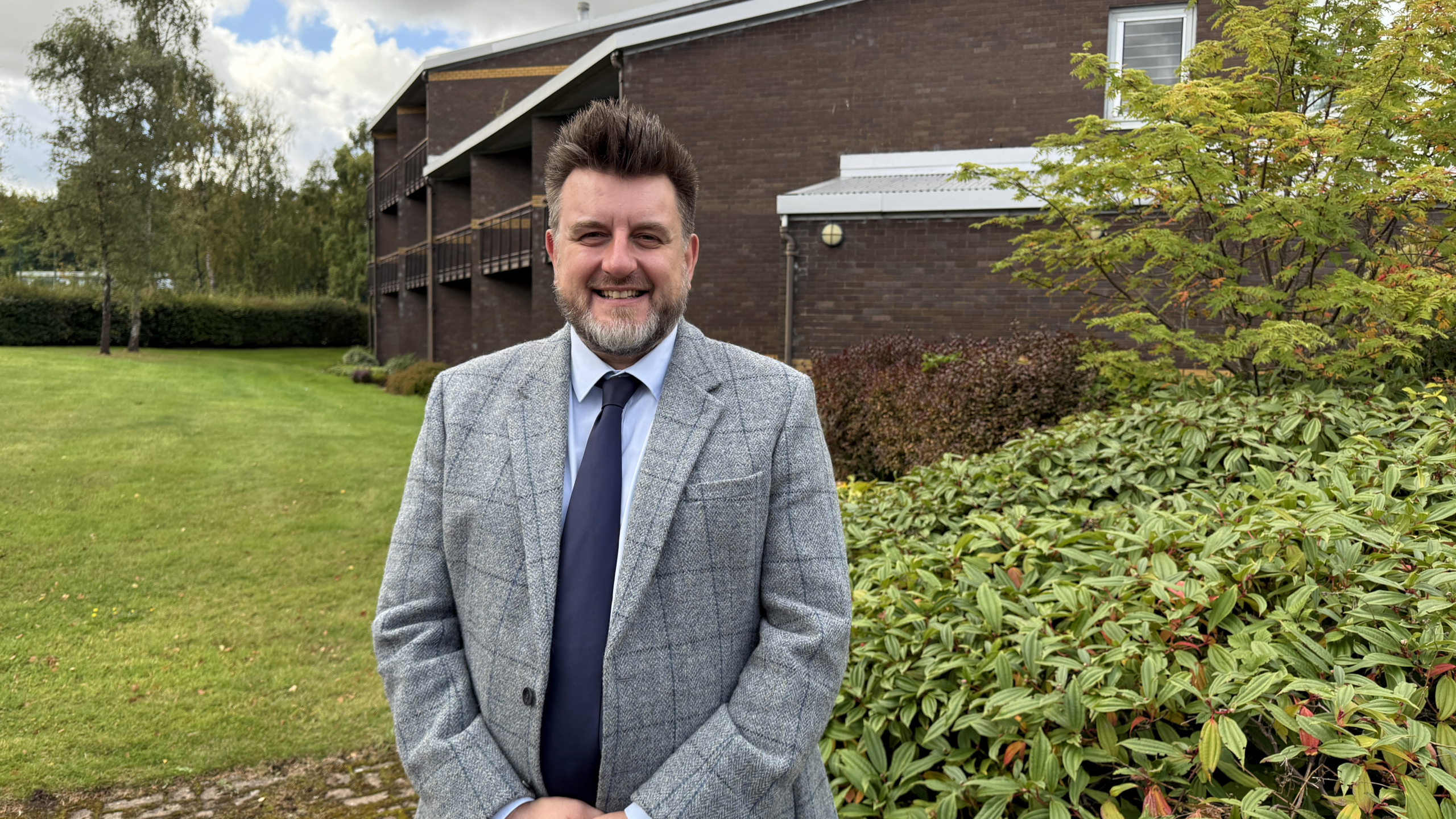Meet our human factors expert, Guy Walker
What’s your role at TransiT?
I’m the lead for TransiT’s Work Package 2, which is focused on human factors. This work explores how humans interact with and make decisions about transport, and studies both transport users and freight operators.
What are human factors?
Human factors is a topic that sits on the boundary of engineering and psychology. It’s all about designing products, systems and infrastructure for human use.
The whole purpose of transport in its widest sense is to serve human needs.
Professor Guy Walker
Why does Transit need human factors?
The whole purpose of transport in its widest sense is to serve human needs. But more importantly, the need to decarbonise transport means we have to contemplate bigger and more ambitious changes in the transport system.
If we don’t have a full understanding of human behaviour, it’s very likely that the changes we implement might have unexpected outcomes – because people might adapt in unexpected ways.
For example, when anti-lock brakes started to become widely used by car manufacturers in the 1980s, everyone thought it would make driving safer. But a famous study found that people actually drove faster, because they perceived less risk.
How drivers queue at roadworks is another unpredictable area. Previous models have found that, instead of neatly flowing through a junction like a zip knitting together, drivers can block each other getting in line. This can cause big tailbacks, which can hugely knock out your predictions.

Road traffic. Photo by Ben Glasgow Photography.
How is TransiT using human factors?
We already have quite a well-developed understanding in the transport sector of how transport users and stakeholders behave under conditions of uncertainty.
But the computer models currently used to replicate human behaviour are still in quite early stages of development.
So our contribution is to increase the sophistication of human behaviour models, to make them more realistic. This means that when we make changes to the models, they’ll behave in ways that enable us to predict the future better.
What do you hope to achieve at TransiT?
Digital twinning is a spectacular new frontier for human factors as a science. For a long time, we focused on individuals and teams of people, so quite small numbers. But here at TransiT, we’re dealing with entire populations.
So I’m excited to be helping to develop this new digital capability, which is opening up new frontiers for the study of human factors. It’s not just about data – it’s how to make sense of the data and extract value from it. And human factors is one way we can do that.

Guy Walker, TransiT Co-Investigator and human factors expert.
Tell us a bit about yourself?
I did a Bachelor of Science degree in Psychology at the University of Southampton, and then a PhD in Human Factors at Brunel University in London. My PhD looked at car design and the role of vehicle feedback in car design. Vehicle feedback is the auto industry term for all the sensory and data signals a vehicle can give, from engine noise and vibrations, to the lights on your dashboard. I had just bought a new sports car at the time, and noticed that the driver feedback was very different. I thought this could be affecting driver behaviour, so that was a little seed.
I’ve worked widely in teaching, research and consulting – including in the nuclear, aviation, rail, road, military, construction and energy sectors – and have authored or co-authored more than 140 peer-reviewed journal papers and 20 books.
Other research projects I’m involved with include the Palace of Westminster Restoration and Renewal Programme and the Centre for Sustainable Road Freight at the University of Cambridge.



